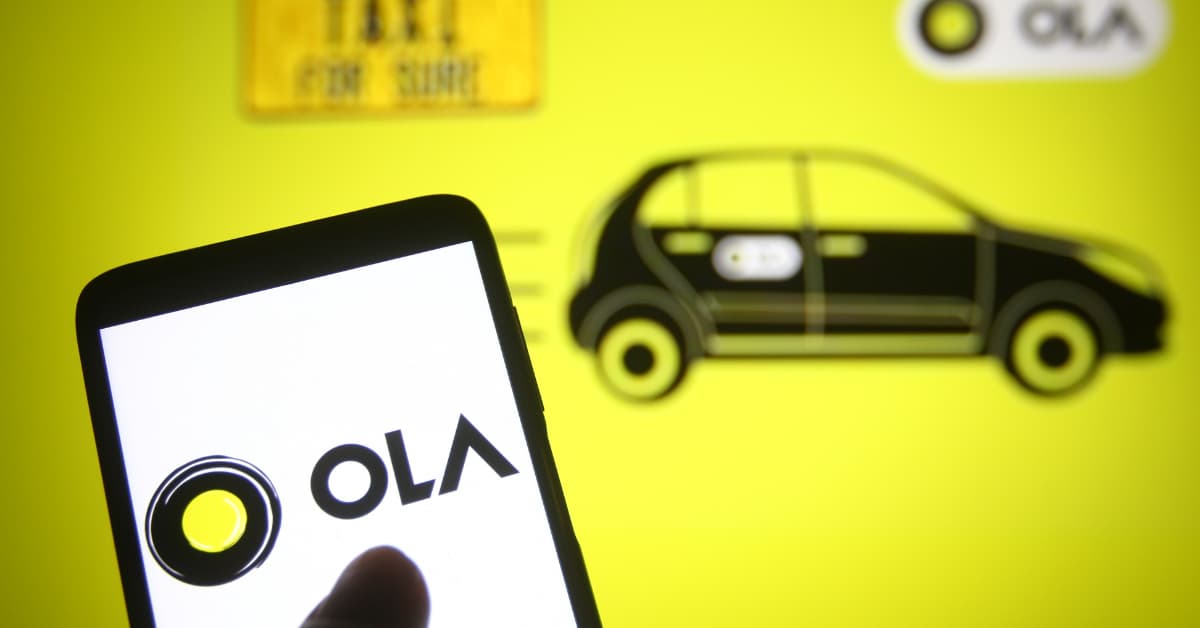A vacation bench of the Karnataka High Court stayed a ruling that classified Ola’s relation with that of its drivers as that of employer-employees.
Earlier, a single-judge bench had directed Ola parent ANI Technologies to pay a compensation of INR 5 Lakh to a woman customer who was allegedly sexually harassed by a Ola cab driver in 2018.
The order, classifying the relation of Ola with its drivers as that of employer and employees, could have impacted not only the ride-hailing startup but also the entire gig economy of the country.
In a relief for Ola, a vacation bench of the Karnataka High Court has reportedly stayed a ruling that classified the ride-hailing startup’s relation with that of its drivers as that of employer-employees.
Earlier, a single-judge bench of Justice M G S Kamal had directed Ola
However, the bench of Justices S R Krishna Kumar and M G Uma, in its interim order dated September 30, stayed the previous order while hearing Ola’s appeal against it, news agency PTI reported.
Ola’s counsel argued before the bench that drivers are independent users of the platform and cannot be classified as employees.
The case dates back to 2018, when a woman passenger alleged sexual harassment by an Ola driver, which led to a police complaint and further legal action under the POSH Act.
Besides the compensation, the single-judge bench of the Karnataka HC had also ordered ANI Technologies to pay INR 50,000 for covering the legal costs of the complainant.
Impact On Gig Economy
The earlier order, classifying the relation of Ola with its drivers as that of employer and employees, could have impacted not only the ride-hailing startup but also the entire gig economy of the country.
From ride hailing and food delivery to ecommerce and quick commerce, most of the companies and startups don’t classify their drivers/ delivery executives as their employees. As such, the previous ruling was seen as potentially a path-breaking judgement.
Shaik Salauddin, national general secretary of the Indian Federation of App-Based Transport Workers (IFAT), earlier hailed the initial judgement. He said it set an important precedent to recognise drivers as employees and pushes for greater protections for gig workers.
It is pertinent to note that gig workers across the country have many times in the past complained about bad working conditions, long work hours, and low salaries. Besides, there have been multiple instances of gig workers going on strike or protesting against platforms to demand higher wages and improvement in working conditions.
In August, auto and taxi drivers across Delhi NCR protested against cab aggregators like Ola and Uber. Prior to that, women gig workers associated with Urban Company went on a strike at the startup’s Bengaluru office to protest against its new terms of reference.
Notably, Fairwork India rated Ola, Uber, Dunzo, and Porter as the worst-performing startups on its index on working conditions of gig workers.
Amid all these, the Centre has been making efforts to provide social security to gig workers, while states are also taking steps to safeguard gig workers.
Disclaimer
We strive to uphold the highest ethical standards in all of our reporting and coverage. We StartupNews.fyi want to be transparent with our readers about any potential conflicts of interest that may arise in our work. It’s possible that some of the investors we feature may have connections to other businesses, including competitors or companies we write about. However, we want to assure our readers that this will not have any impact on the integrity or impartiality of our reporting. We are committed to delivering accurate, unbiased news and information to our audience, and we will continue to uphold our ethics and principles in all of our work. Thank you for your trust and support.



![[CITYPNG.COM]White Google Play PlayStore Logo – 1500×1500](https://startupnews.fyi/wp-content/uploads/2025/08/CITYPNG.COMWhite-Google-Play-PlayStore-Logo-1500x1500-1-630x630.png)